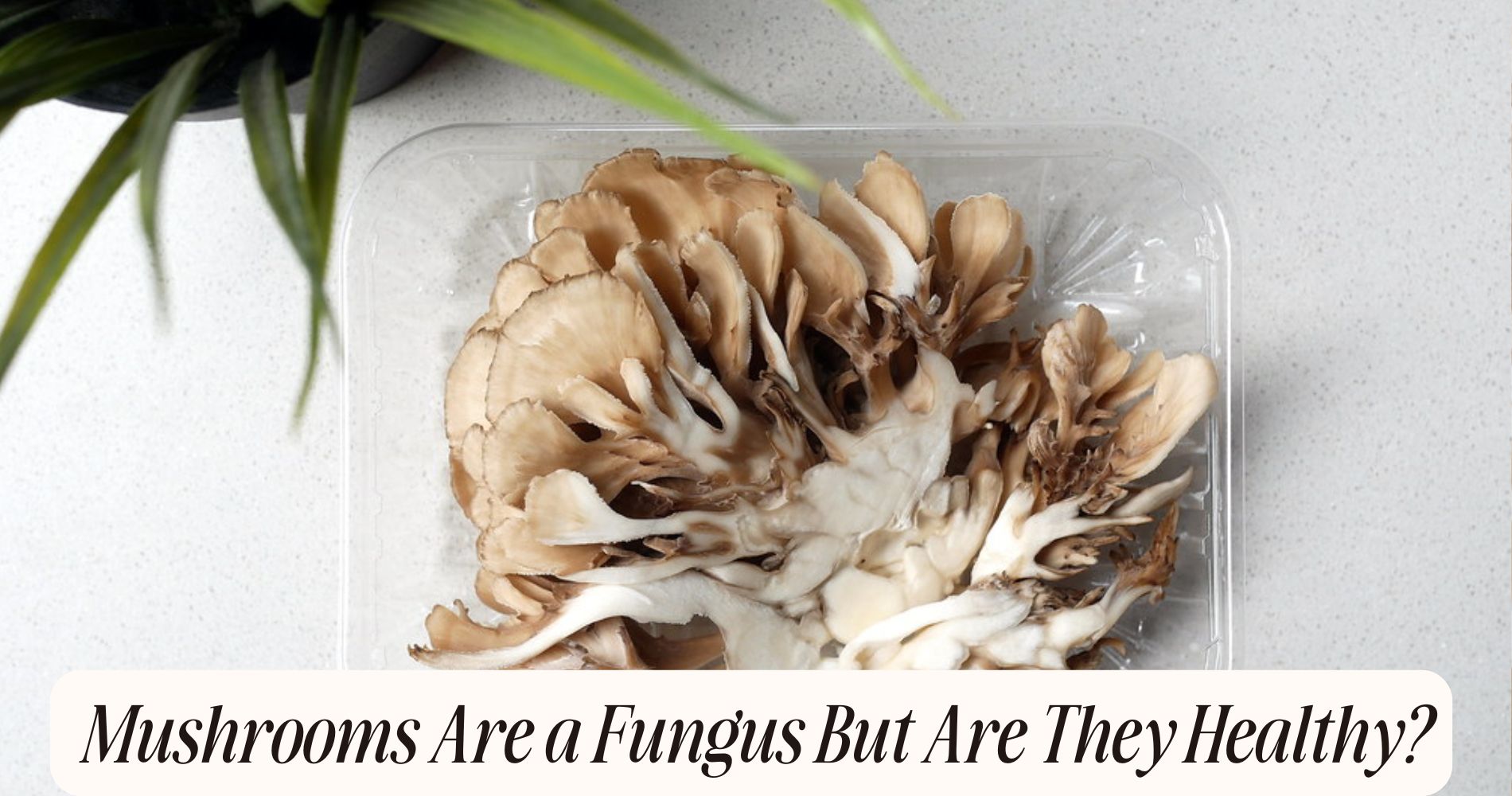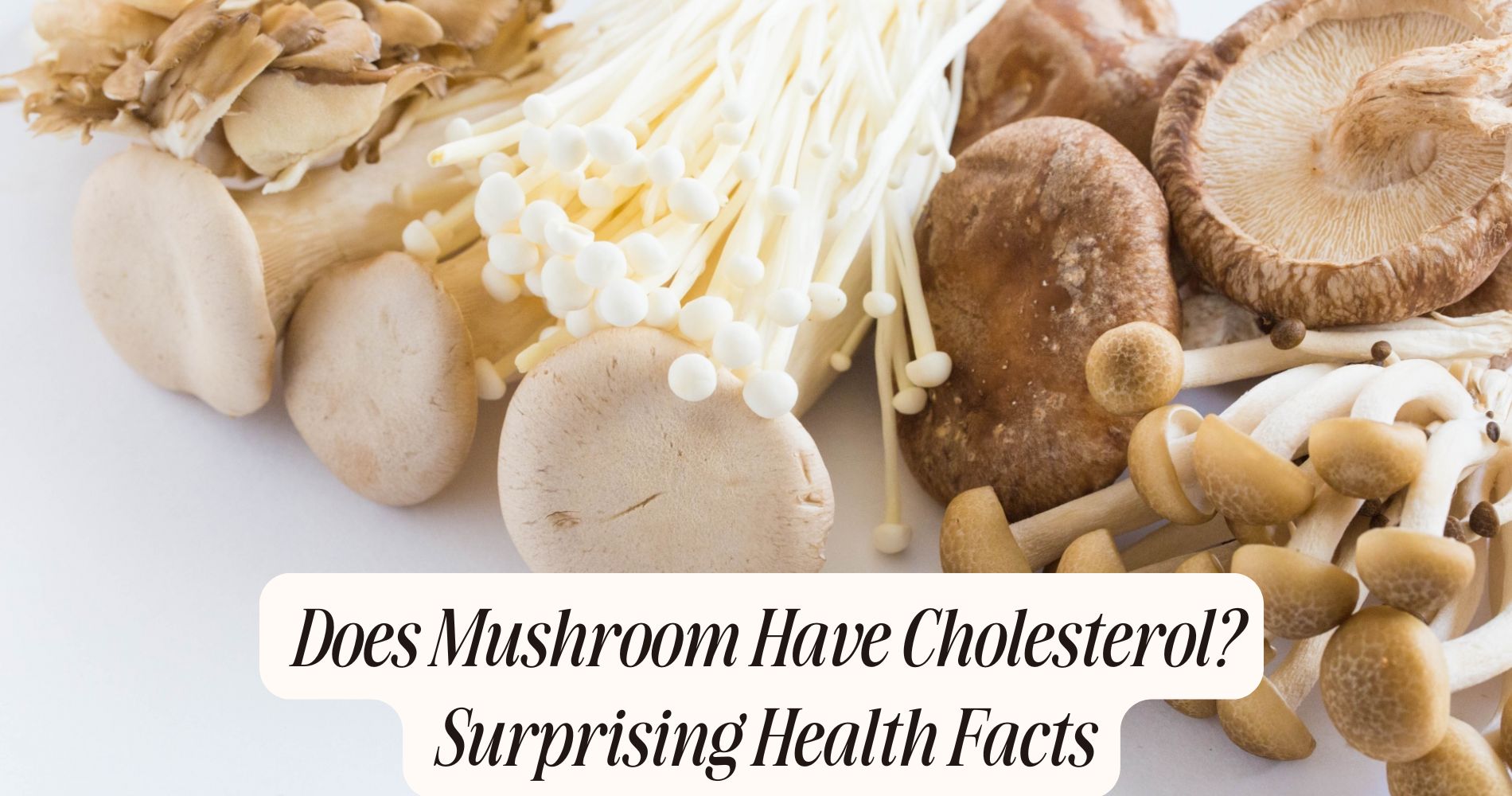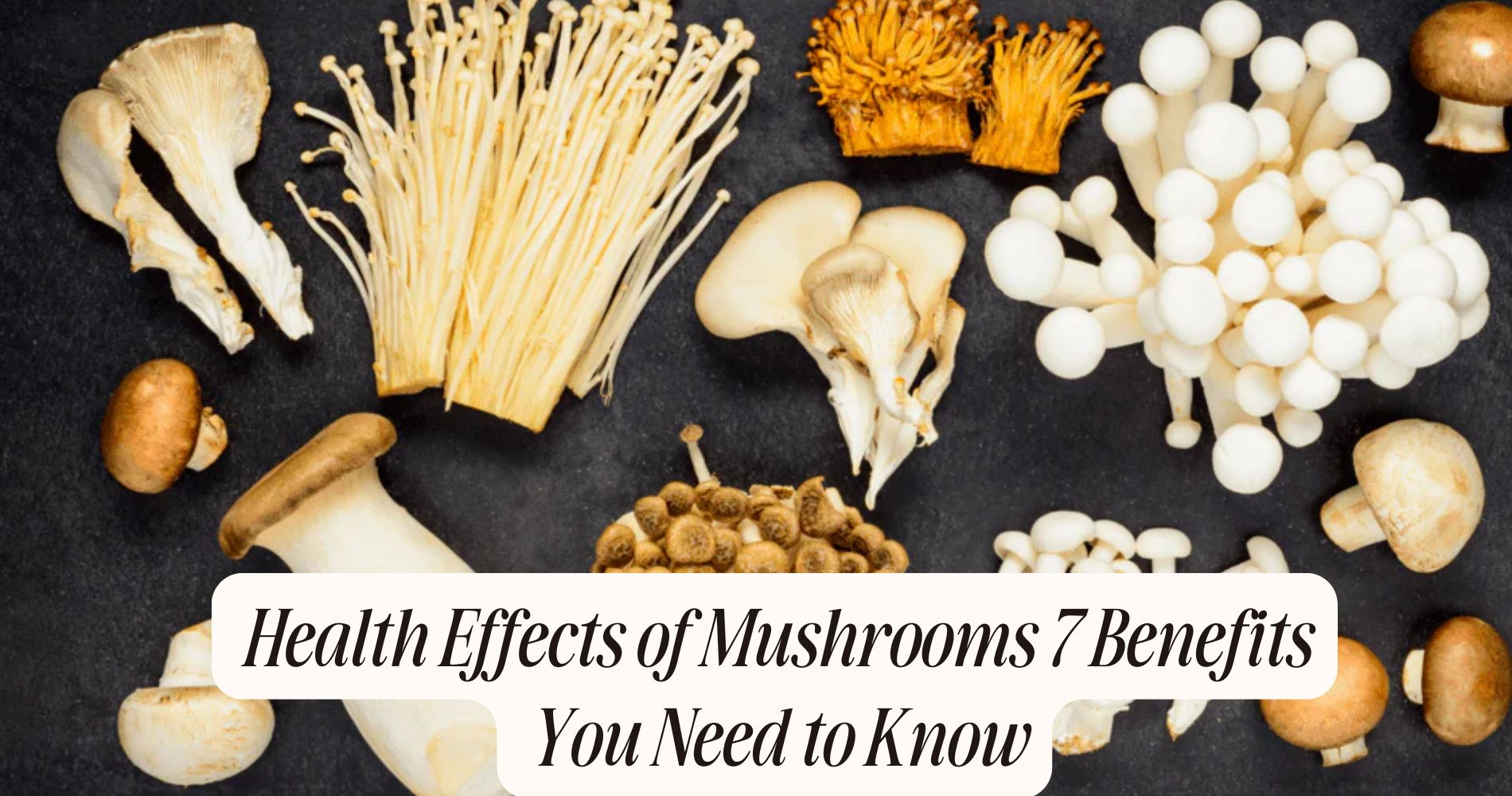
Mushrooms Are a Fungus But Are They Healthy?
Mushrooms are a fungus that offers impressive health benefits, making them a nutritious addition to any diet. Despite being low in calories, they are rich in B vitamins, antioxidants, and dietary fiber, which support digestion, boost immunity, and help combat inflammation. Beyond the common white button mushroom, varieties like shiitake, maitake, and lion’s mane provide unique flavors and wellness advantages. Incorporating mushrooms into your meals can contribute to overall well-being while adding depth to your favorite dishes. Keep reading to discover the best ways to enjoy these nutrient-packed fungi!
Nutritional Profile of Mushrooms
Mushrooms pack a surprising nutritional punch, making them a valuable addition to your diet. With various mushroom varieties like shiitake, portobello, and oyster, each offers unique flavors and textures that can enhance your culinary creations.
These fungi are low in calories but high in essential nutrients, including B vitamins, selenium, and antioxidants. They're also a great source of dietary fiber, which supports digestive health.
Incorporating mushrooms into your meals is easy; you can sauté them, add them to soups, or toss them in salads. Their versatility in culinary uses means you can enjoy them in countless dishes while reaping their nutritional benefits.
Health Benefits of Mushrooms
Incorporating mushrooms into your diet not only enhances flavor but also offers numerous health benefits. Different mushroom varieties, such as shiitake, maitake, and reishi, are packed with antioxidants, which can help reduce inflammation and boost your immune system.

Studies show that consuming mushrooms may lower the risk of chronic diseases, thanks to their high content of vitamins, minerals, and beta-glucans. Additionally, these fungi are low in calories and fat, making them an excellent choice for weight management.
Their diverse culinary uses—from soups to stir-fries—make it easy to add them to your meals. By including mushrooms in your diet, you can enjoy delicious dishes while reaping their potential health benefits.
Common Misconceptions About Mushrooms
What do you really know about mushrooms? Many people hold misconceptions about these fungi, often confusing them with other food types. A common myth is that all mushrooms are poisonous, but only a small percentage are toxic.
Myth debunking reveals that many mushrooms offer nutritional benefits, being low in calories and rich in vitamins. Another misconception is that mushrooms lack culinary uses; in reality, they enhance flavors in various dishes, from soups to stir-fries.
You might think that only white button mushrooms are edible, but the world of mushrooms is vast, with many varieties available for culinary exploration. Understanding these facts can help you appreciate mushrooms not just as food, but as a valuable part of a balanced diet.
Types of Edible Mushrooms and Their Benefits
Edible mushrooms come in a stunning variety, each offering unique flavors and health benefits. Shiitake mushrooms, for example, are known for their rich umami taste and impressive shiitake benefits, including boosting your immune system and reducing cholesterol levels.
They're also packed with antioxidants, which help combat oxidative stress. On the other hand, portobello mushrooms are versatile with numerous portobello uses; you can grill, stuff, or sauté them.

They're low in calories yet provide essential nutrients like potassium and B vitamins, promoting heart health and energy production. By incorporating these mushrooms into your meals, you can enjoy their distinct flavors while reaping their numerous health benefits, making them a smart addition to your diet.
How to Incorporate Mushrooms Into Your Diet
Mushrooms can easily enhance a variety of dishes, making it simple to enjoy their flavors and health benefits. You can add mushrooms to salads, soups, and stir-fries, or use them as a meat substitute in tacos and burgers.

Try sautéing them with garlic and olive oil for a quick side dish or blending them into sauces for added depth. Explore different mushroom recipes, like stuffed mushrooms or mushroom risotto, to discover new favorites.
Experiment with cooking techniques like grilling or roasting to bring out their umami flavor. Remember, incorporating mushrooms into your diet not only boosts taste but also adds valuable nutrients, making your meals both delicious and nutritious.
Elevate Your Wellness with SUPER MUSHROOM GUMMIES
If you love the benefits of mushrooms but want a more convenient way to enjoy them, try SUPER MUSHROOM GUMMIES by Well Gummies. Packed with 10 functional mushrooms, these delicious wild berry-flavored gummies fuel your brain, support immunity, and provide steady, crash-free energy. Whether you’re looking to enhance focus, boost overall wellness, or simply enjoy a tasty, nutrient-rich treat, these vegan-friendly gummies make it easy. No prep, no hassle—just pure mushroom power in a chewable form!
Frequently Asked Questions
Can Mushrooms Be Toxic if Not Cooked Properly?
Yes, mushrooms can be toxic if not cooked properly. Certain cooking methods, like sautéing or boiling, can reduce mushroom toxicity. Always research specific mushroom types to guarantee safety and avoid potentially harmful varieties.
Are There Any Allergies Related to Mushroom Consumption?
Yes, some people experience mushroom allergies, which can lead to allergic reactions like hives, swelling, or gastrointestinal discomfort. It's essential to identify your sensitivities and consult a healthcare professional if you suspect an allergy.
How Do Mushrooms Compare to Other Vegetables Nutritionally?
Mushrooms offer unique nutritional benefits compared to other vegetables, providing essential vitamins, minerals, and antioxidants. While lower in calories, they can enhance your diet's diversity. Consider incorporating them for a balanced, nutrient-rich meal.
Can Mushrooms Help With Weight Loss?
Mushroom varieties can aid weight management due to their low calorie content and high fiber. Including them in meals can help you feel fuller longer, supporting your weight loss goals while adding essential nutrients.
Are Mushroom Supplements Effective for Health Benefits?
Mushroom supplements can offer health benefits, but effectiveness varies by mushroom varieties and supplement dosage. Research shows some types may boost immunity or reduce inflammation, yet results depend on quality and individual health conditions.
Conclusion
Incorporating mushrooms into your diet can be a tasty and nutritious choice. With their low calories, rich nutrient profile, and potential health benefits, they're worth considering. While some myths surround mushrooms, understanding their true value helps you make informed decisions. From shiitakes to portobellos, each variety brings unique advantages. So, whether you sauté them, toss them in salads, or blend them into soups, enjoy the diverse flavors and health perks mushrooms offer to enhance your meals.




